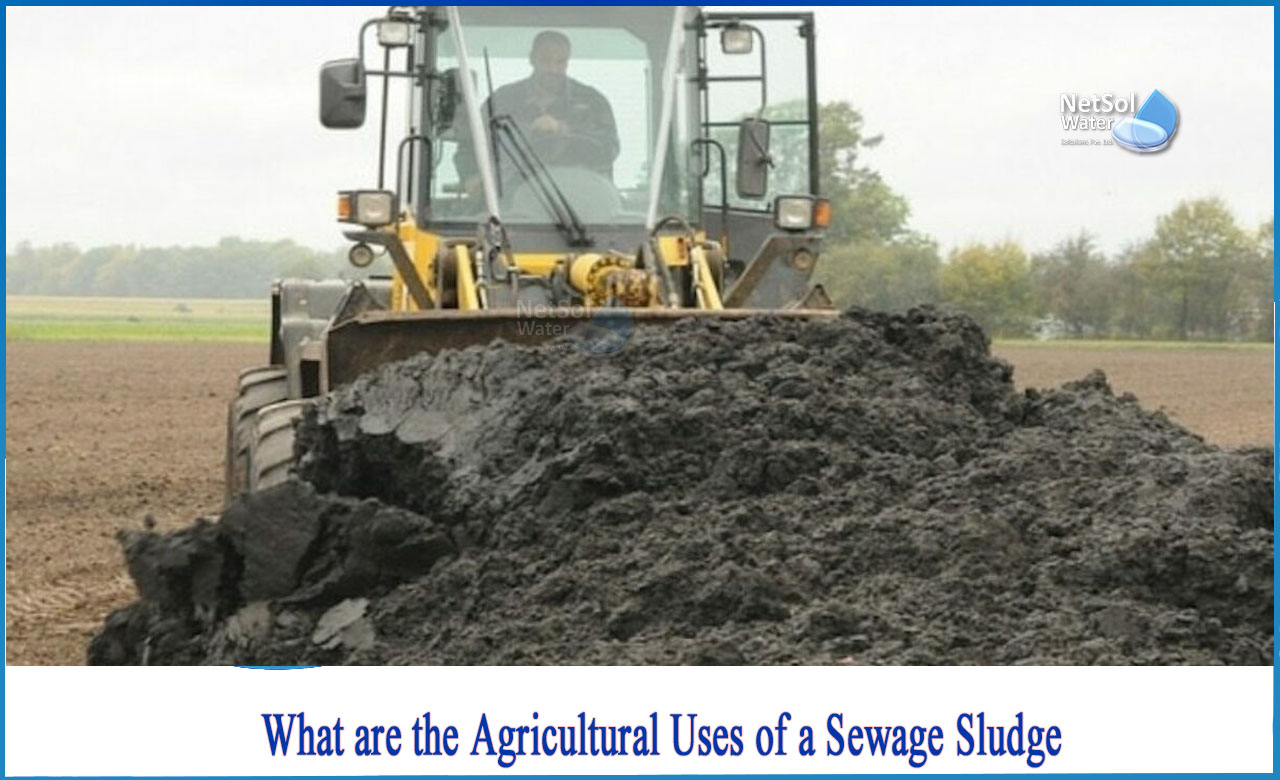What are the agricultural uses of a sewage sludge?
Nowadays, sewage sludge treatment has become a practical issue. This is due to the massive increase in urban population and the constant changes in living standards, which have resulted in a significant increase in water consumption and the subsequent discharge of used water into surface watercourses. Unfortunately, the organic and inorganic load of discharged wastewater has degraded the quality of surface waters, which have frequently become so polluted that they must be considered truly "dead" ecosystems.
Filtration of domestic and industrial waste water results in improved water quality and significant amounts of sewage sludge. Following the implementation of environmental programmes aimed at the treatment of used waters and sludge exploitation, the global production of sewage sludge has increased significantly.
Usage in Agriculture
As the number of wastewater treatment stations has increased, a new environmental issue has emerged: the accumulation of increasing amounts of sludge as a result of the wastewater treatment process.
Important agricultural surfaces have degraded over the last thirty years due to natural or anthropogenic factors, and using sewage sludge as a source of nutrients or carbon for these soils could be a solution to regenerate some areas or regions. Because of its high nitrogen, phosphorus, and organic matter content, sewage sludge has potential fertiliser properties and can be used to enrich agricultural soils.
A tonne of dry sludge contains approximately 200 kg of organic matter, 6 kg of N, 8 kg of P, and 10 kg of various soluble salts. Within certain boundaries, sewage treatment plant sludge can serve as a moisture intake and a pH regulator. In addition to the elements required for plant growth, the sludge may contain trace amounts of heavy metals and other pollutants.
Heavy metals can be harmful if the maximum allowable amounts are exceeded because they are taken up by plants from the soil and eventually end up in human and animal organisms through food. If cumulative concentrations exceed certain thresholds, the effect on the soil can be negative, affecting the respiration process (microbial soil activity), reducing the activity of rhizobia (nitrogen fixation bacteria), or reducing microbial biomass.
Large amounts of sewage sludge can be used on the potential positive effects on productivity due to the nutrient content and effective organic mass input, and one of the most pressing issues is being managed to solve: expelling sewage sludge from waste water treatment plants to avoid incineration, high-cost processes, and further pollution. Sludge must be immediately incorporated into the soil before it can be applied to agricultural land. It is available in liquid, sludge cake (25 percent dry solids), and dried sludge granule form (95 percent dry solids).
Nutrients are lost during the dehydration and drying processes, so it is best to use the first two forms. However, due to unpleasant odours and potential health risks caused by pathogens in the sludge, this method of recycling sludge may be problematic. In order to prevent nutrient leaching, the sludge should be applied in accordance with the requirements for field crop fertilisers.
Conclusion
The use of sewage sludge reduces the amount of chemical fertilisers that should have been used to ensure plant growth and also aids in the elimination of problems caused by the accumulation of increasing amounts of sludge.
To avoid increased mobility of heavy metals in sludge, which would lead to heavy metal contamination of plants, the pH of the sludge where it is applied must be greater than 6.0. The analysed sludge contains significant amounts of nutrients, giving it organic fertiliser properties.The use of sewage sludge on agricultural land reduces production costs because much less synthetic fertiliser is used or, in some cases, can be completely replaced.
For more information, contact Netsol Water.
Netsol Water is Greater Noida-based leading water & wastewater treatment plant manufacturer. We are industry's most demanding company based on client review and work quality. We are known as best commercial RO plant manufacturers, industrial RO plant manufacturer, sewage treatment plant manufacturer, Water Softener Plant Manufacturers and effluent treatment plant manufacturers. Apart from this 24x7 customer support is our USP. Call on +91-9650608473, or write us at enquiry@netsolwater.com for any support, inquiry or product-purchase related query.



